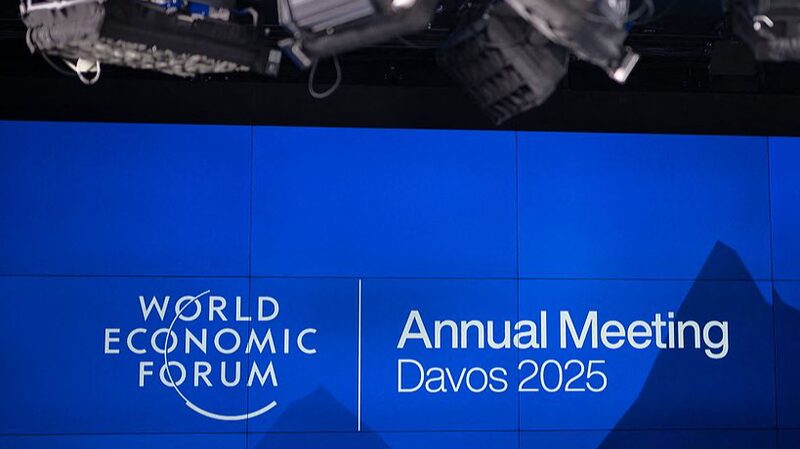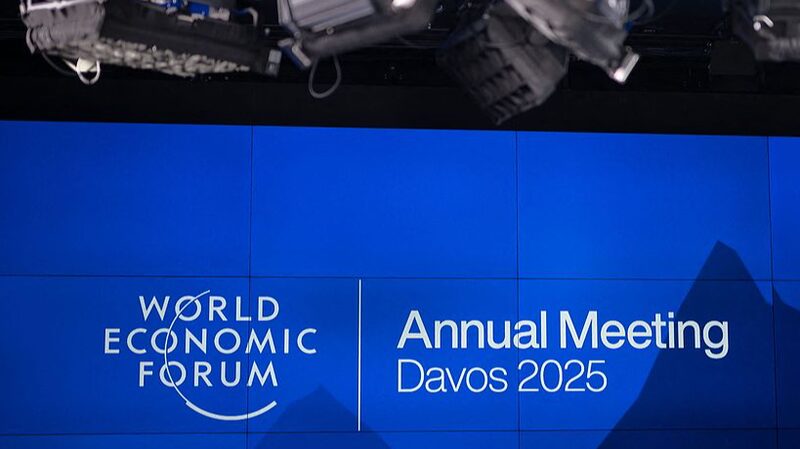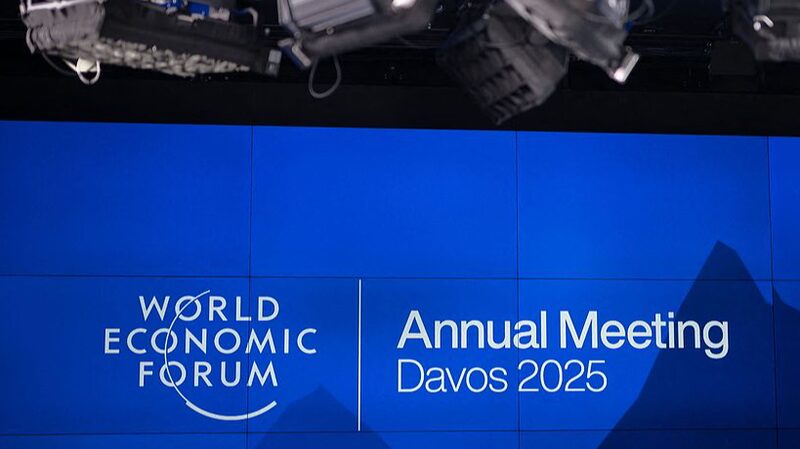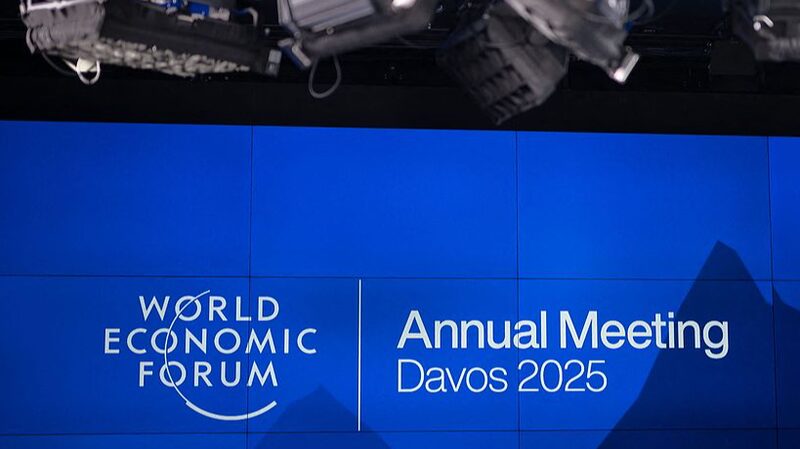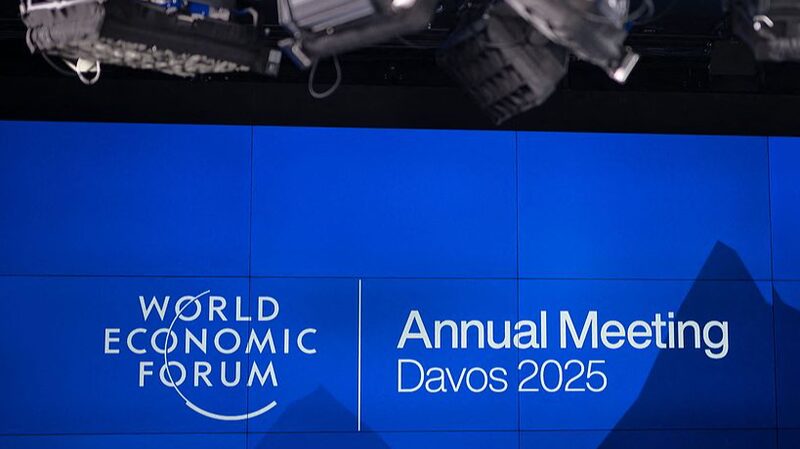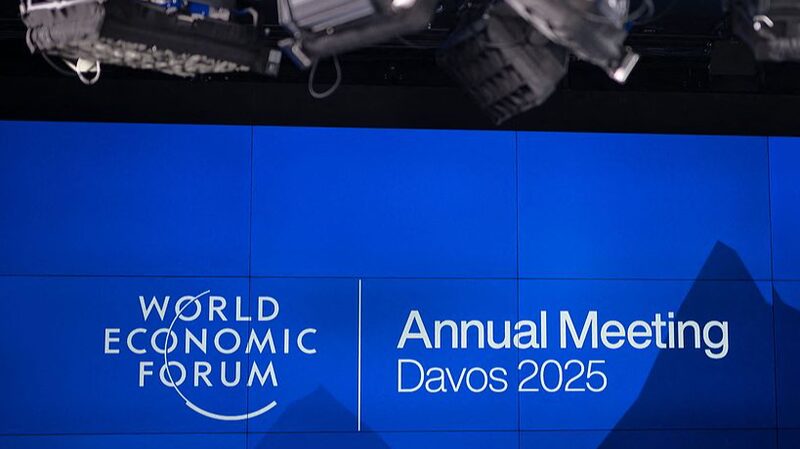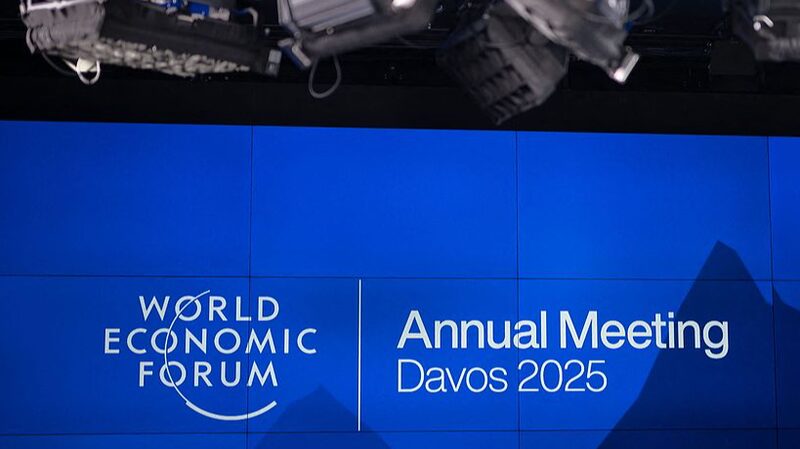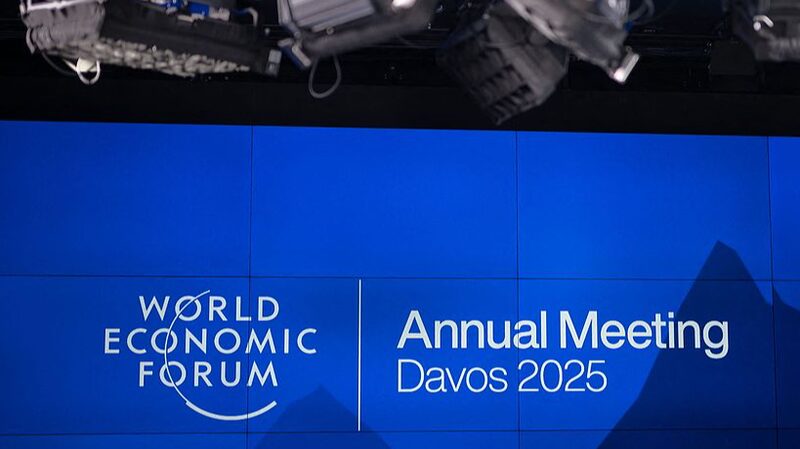The World Economic Forum (WEF) is set to host its annual meeting from January 20 to 24 in Davos, Switzerland. This year's gathering is expected to bring together nearly 3,000 leaders from politics, academia, and business, including 60 heads of state and government. As the world faces unprecedented challenges and opportunities, all eyes are on Davos to see what the future holds.
Throughout its history, the WEF has been a catalyst for significant global initiatives and dialogues. In 1992, the forum witnessed the historic meeting between Nelson Mandela and F.W. de Klerk—their first outside South Africa. Their handshake became a symbol of hope and a turning point in the fight against apartheid.
Similarly, in 1998, amidst a global financial crisis, the idea of fostering regular dialogue between developed and developing nations took shape in Davos. This initiative led to the establishment of a platform for economic cooperation between 10 developed and 10 developing countries, laying the groundwork for what we now know as the Group of 20 (G20).
As the world grapples with increasing geopolitical and economic uncertainties, trade tensions, cultural polarization, and climate challenges, the upcoming WEF meeting is poised to be more critical than ever. The gap between aspirations and anxieties has widened, and there is a pressing need for collaboration and innovative solutions.
The theme for Davos 2025, \"Collaborating for the Intelligent Age,\" highlights the rapid transformation brought about by converging technologies such as quantum computing, biotechnology, and artificial intelligence. These advancements hold the potential to significantly improve productivity, enhance living standards, and reduce poverty and inequality. However, they also present challenges that could both uplift and divide humanity.
Under this overarching theme, the forum will focus on five key priorities:
- Rethinking Growth: Exploring sustainable and inclusive economic models that address the needs of a changing world.
- Industries in the Intelligent Age: Examining how industries are adapting to technological advancements and what this means for the future of work.
- Investing in People: Emphasizing the importance of education, skills development, and healthcare in building resilient societies.
- Safeguarding the Planet: Addressing environmental challenges and promoting actions to combat climate change.
- Rebuilding Trust: Fostering transparency, accountability, and cooperation among nations and institutions to rebuild public trust.
The Davos 2025 meeting represents a crucial opportunity for global leaders to come together and address these pressing issues. By collaborating and sharing insights, they aim to pave the way for a more equitable and prosperous future in this new intelligent age.
Reference(s):
cgtn.com
